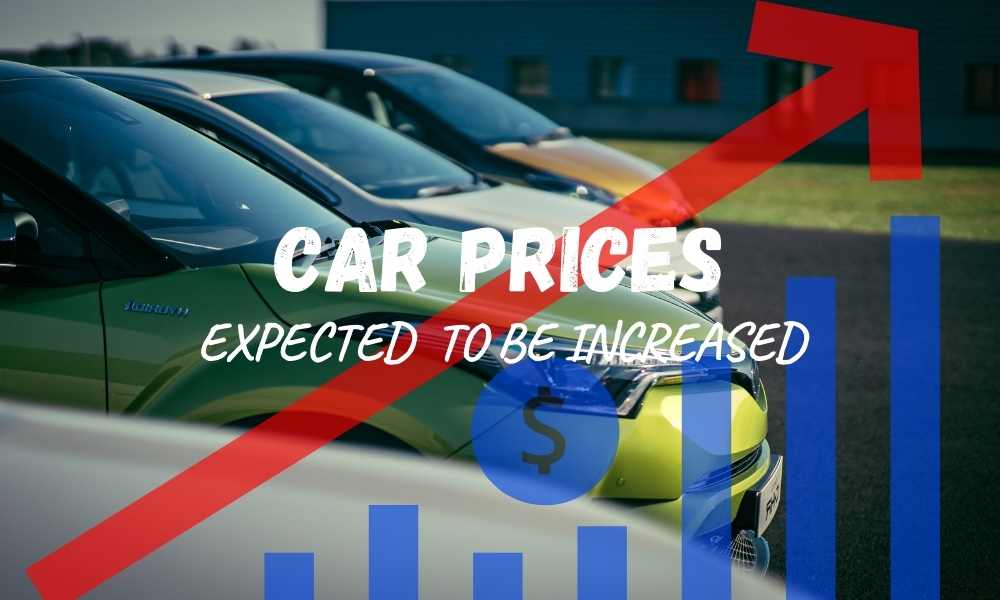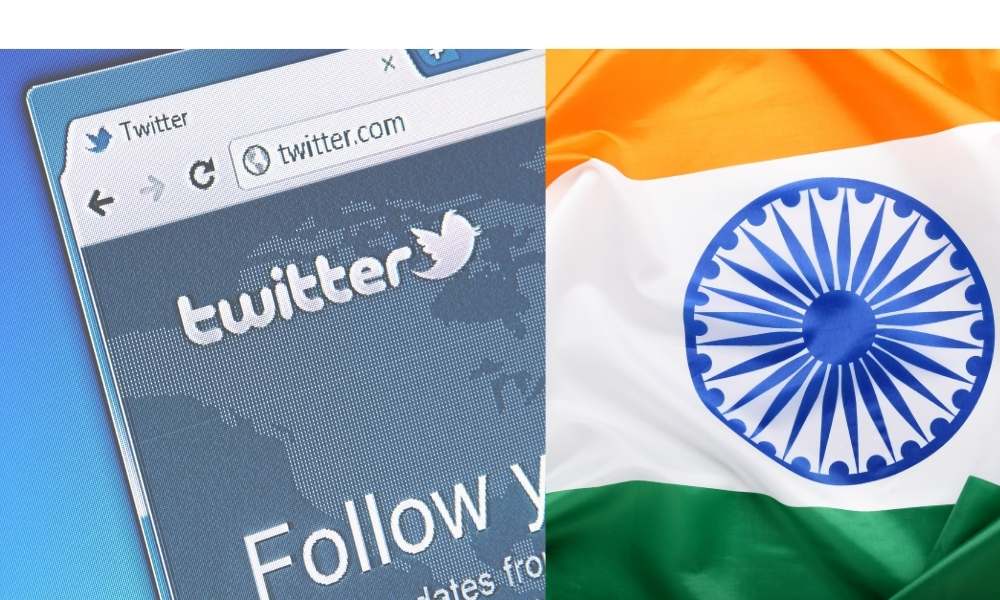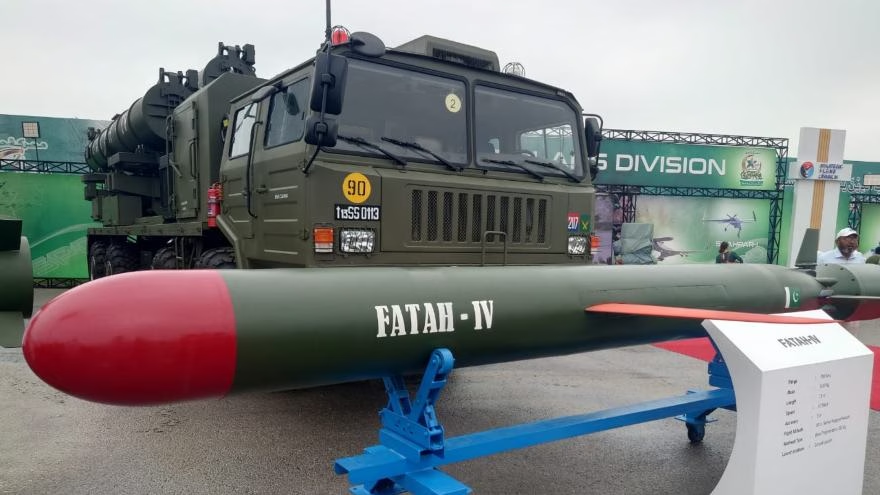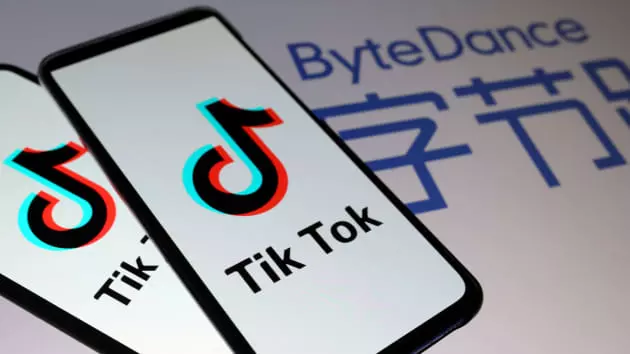The local auto business is buzzing with rumours of another round of price increases. The most recent price increase drama took place in July of this year, after a big US currency (USD) exchange rate jump, when it reached Rs. 240 per USD.
Given the recent decline of the Pakistani rupee against the US dollar, history is likely to repeat itself shortly.
So far, Hyundai and Chery have raised their car costs, with others expected to follow suit. Will the price increases, however, be bigger than before? Let’s go into the specifics and find out.
Why Are Prices Going Up?
After the restoration of the International Monetary Fund (IMF) agreement on September 2, the USD exchange rate started to rise gradually. The increase has been consistent over the previous 18 days, bringing it to about Rs. 240.
The last time the USD rate reached this level was on July 28 – the same day that major automakers raised their pricing. Arslaan Asif Soomro, a famous economic expert, recently declared to Pakmatters:
With the USD soaring beyond Rs. 240, automobile costs are expected to surge once again. However, global commodity prices may fall further, providing carmakers with ample buffer to preserve profits.
Given the similarities in both timetables, warning bells are sounding in the car industry, signalling impending price increases.
What will be the increasing?
Car companies raise prices by 15% to 20% from late July to early August.
Following the USD devaluation against the PKR, the companies reduced their prices by half of the prior increase. In other words, if a car’s price was first raised by Rs. 500,000, the corporations reduced it by Rs. 250,000 after the currency rate improved.
According to previous market reports, vehicle makers increased their rates in anticipation of the USD rate rising to Rs. 250.
Current reports reflect the same bleak prediction, which may push automakers to raise prices back to July levels.
The Automobile Industry Is in Confusion
The PKR’s collapse coincided with Pakistan’s leadership transition, sending the country’s economy into a spiral. Following that, the cost of all goods, including automobiles, started to rise, with inflation shattering all previous records.
To accomplish . for example, the government issued a complete ban on car industry imports, including completely knocked-down (CKD) kits and completely built-up (CBU) units.
Although the government has officially restarted car industry imports, tariffs on high-end sedans and SUVs have been raised to discourage purchases.
Furthermore, the State Bank of Pakistan (SBP) has limited vehicle financing, which has hurt automobile sales significantly.
Furthermore, manufacturers are experiencing major production cuts as a result of the non-approval of letters of credit for the clearing of CKD imports.
Due to restricted supply, delivery times have been extended, reducing car demand.
Sales had already been declining in recent months as a result of increased costs and falling demand. Import restrictions, supply delays, pricing increases, and production cutbacks may exacerbate the problem.
Are you planning to get a vehicle or will you ride a bike instead? Leave your thoughts in the comments section below.











